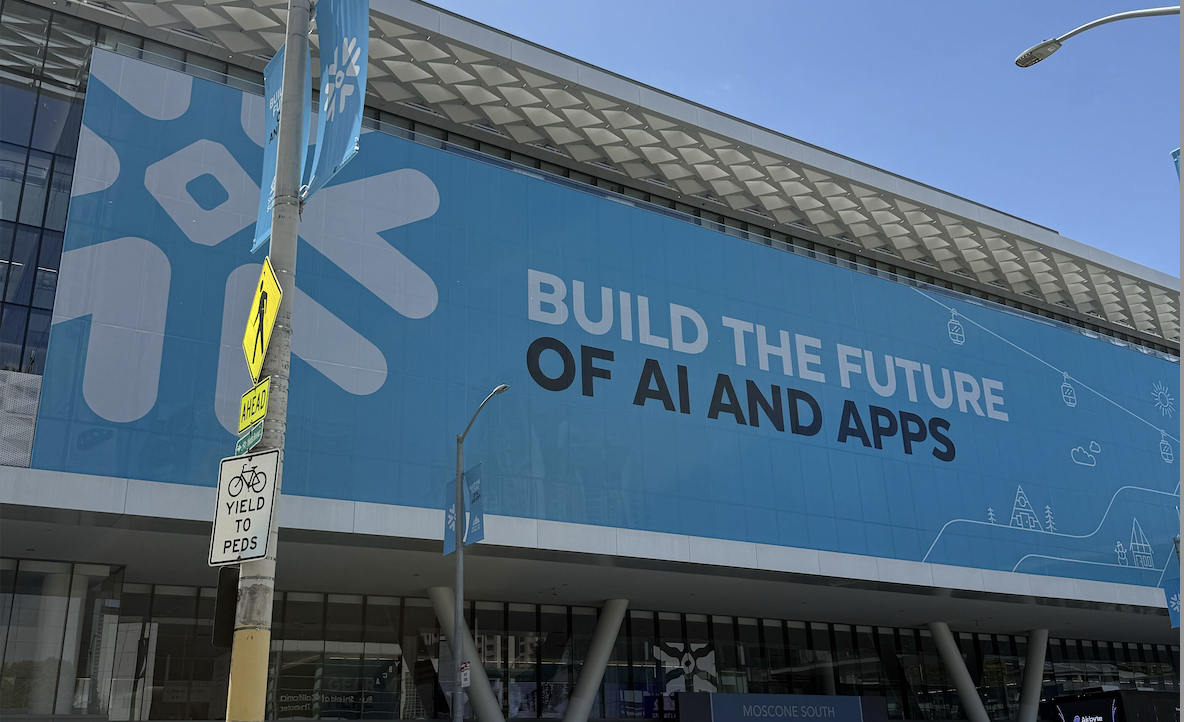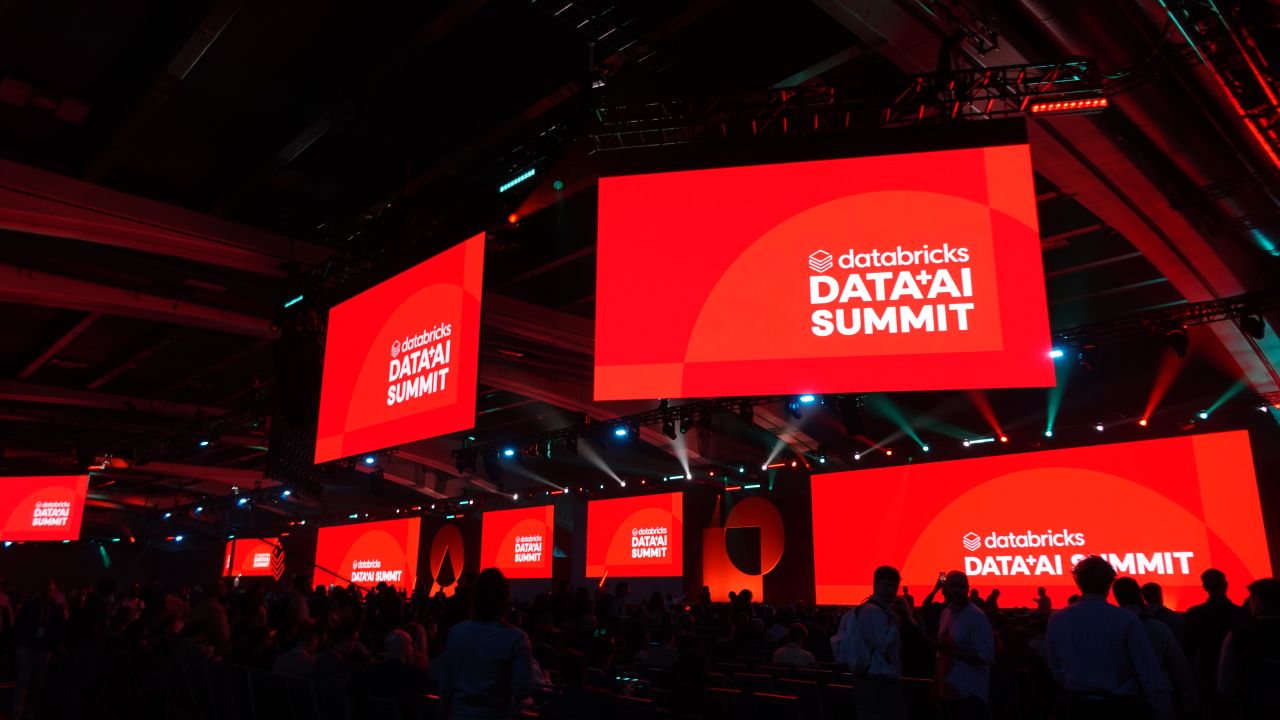Intelligent Integrated Data Platforms Series: AI on Google Cloud

Intelligent Integrated Data Platforms Series: AI on Google Cloud
In the rapidly evolving world of data science, the ability to run artificial intelligence (AI) models close to where data resides is pivotal. This proximity enhances performance, reduces latency, optimizes costs, and ensures data security. Google Cloud Platform (GCP) offers two robust services, BigQuery and Vertex AI, that facilitate this seamless integration.
The Significance of Data Proximity in AI
Data proximity refers to the physical or network closeness between data storage systems and the computational resources that process this data. When AI models operate near their data sources, several benefits emerge:
- Enhanced Performance: Reduced data movement leads to faster processing times, enabling real-time analytics and quicker decision-making.
- Cost Efficiency: Minimizing data transfers can significantly lower costs, especially when dealing with large datasets.
- Improved Security: Keeping data within the same ecosystem simplifies compliance with data governance and security protocols.
- Scalability: Efficient data handling supports the scaling of AI applications as data volumes grow.
BigQuery vs. Vertex AI: A Comparative Analysis
BigQuery
GCP’s fully managed serverless data warehouse, BigQuery, is tailored for large-scale data analytics. It empowers users to perform complex SQL queries on vast datasets swiftly and integrates seamlessly with various data processing and machine learning tools. With the introduction of BigQuery ML, users can now build and deploy machine learning models directly within BigQuery using familiar SQL syntax, eliminating the need to move data across platforms.It transforms BigQuery from a mere data warehouse into a powerful machine learning platform. Users can create, train, and deploy models using standard SQL queries, making it accessible to data analysts without deep ML expertise. This tight integration ensures that data remains within the data warehouse, enhancing efficiency and reducing latency.
Big Query enables users to build models using SQL without the complexity of traditional coding environments. Its robust infrastructure handles massive datasets effortlessly, and its pay-per-query pricing model can be cost-effective for certain workloads. Additionally, the seamless integration with other GCP services allows for innovative applications such as automated report generation and data augmentation, making BigQuery a versatile choice for organizations aiming to democratize machine learning.
Vertex AI
Vertex AI serves as GCP’s unified AI platform, consolidating Google’s machine learning (ML) tools into a single, cohesive environment. It streamlines the entire ML lifecycle, from data preparation and model training to deployment and monitoring. Vertex AI is designed to cater to both beginners and seasoned ML practitioners, offering flexibility, scalability, and comprehensive support for custom ML models.
It provides a comprehensive suite of tools for developing, deploying, and managing machine learning models. It supports various ML frameworks like TensorFlow and PyTorch and offers managed environments such as Vertex AI Workbench for collaborative development through Jupyter notebooks. Vertex AI Pipelines facilitate the automation of ML workflows, ensuring reproducibility and scalability.
This stands out with its flexibility and comprehensive lifecycle management, catering to a wide range of ML projects, from simple experiments to complex, large-scale deployments. The platform’s advanced features, such as hyperparameter tuning, model monitoring, and versioning, ensure that models remain robust and up-to-date. Additionally, Vertex AI’s integration capabilities extend to CI/CD tools and other development platforms, enhancing its usability for complex projects.
It Comes Down to Business Requirements:
Several factors come into play when choosing between BigQuery and Vertex AI, including performance, ease of use, cost, and specific use cases.
Performance and Scalability
BigQuery excels in handling extensive datasets with high-speed query execution, making it ideal for scenarios where data size and query performance are critical. Vertex AI is designed for scalable model training and deployment, supporting both small-scale experiments and large-scale production models.
Ease of Use and Integration
BigQuery offers a straightforward approach for data analysts familiar with SQL. It seamlessly integrates with other GCP data services and fits easily into existing data pipelines. Vertex AI provides a more flexible environment for data scientists and ML engineers, supporting various frameworks and custom workflows. Its integration with CI/CD tools and development platforms further enhances its usability for complex projects.
Cost Considerations
BigQuery’s pay-per-query model can be cost-effective for intermittent workloads but may become expensive with frequent or complex queries. Vertex AI’s usage-based pricing, based on compute resources and services used, offers better cost predictability for continuous or large-scale ML operations. The choice between the two often hinges on the organization’s specific workload patterns and budget constraints.
Use Cases
BigQuery is best suited for predictive analytics, classification, and regression tasks directly within the data warehouse, mainly when data resides in BigQuery. More specifically:
- Data Analytics: Processing large datasets for reporting, dashboarding, and BI purposes.
- Real-Time Data Analysis: Handling streaming data to monitor live metrics or perform real-time analytics.
- ETL and Data Processing: Transforming raw data into meaningful insights using SQL, reducing dependency on traditional ETL tools.
- Data Lake Integration: Acting as a storage and processing layer in hybrid data lake and data warehouse environments.
Vertex AI
Vertex AI is ideal for advanced machine learning tasks that require custom models, deep learning, or complex workflows beyond the capabilities of SQL-based modeling, making it best for:
- End-to-End ML Pipelines: Supporting the full lifecycle from data preparation and training to deployment and MLOps.
- Automated Machine Learning (AutoML): Enabling users to build models without extensive data science expertise.
- Custom Model Training: Providing managed infrastructure for developing and training custom deep learning and machine learning models.
- Scalable Model Deployment: Offering secure and scalable APIs for deploying trained models to production, with monitoring tools for drift and retraining.
Conclusion
BigQuery and Vertex AI are robust GCP services that bring AI models closer to data, each with distinct strengths tailored to different needs. BigQuery ML offers simplicity and speed for predictive analytics directly within the data warehouse, while Vertex AI provides a comprehensive and flexible platform for advanced machine learning tasks. Choosing between BigQuery and Vertex AI depends on your specific use case, your models’ complexity, and your team’s expertise. By leveraging the unique advantages of each platform, organizations can harness the full potential of AI to unlock valuable insights, enhance decision-making, and drive innovation.


